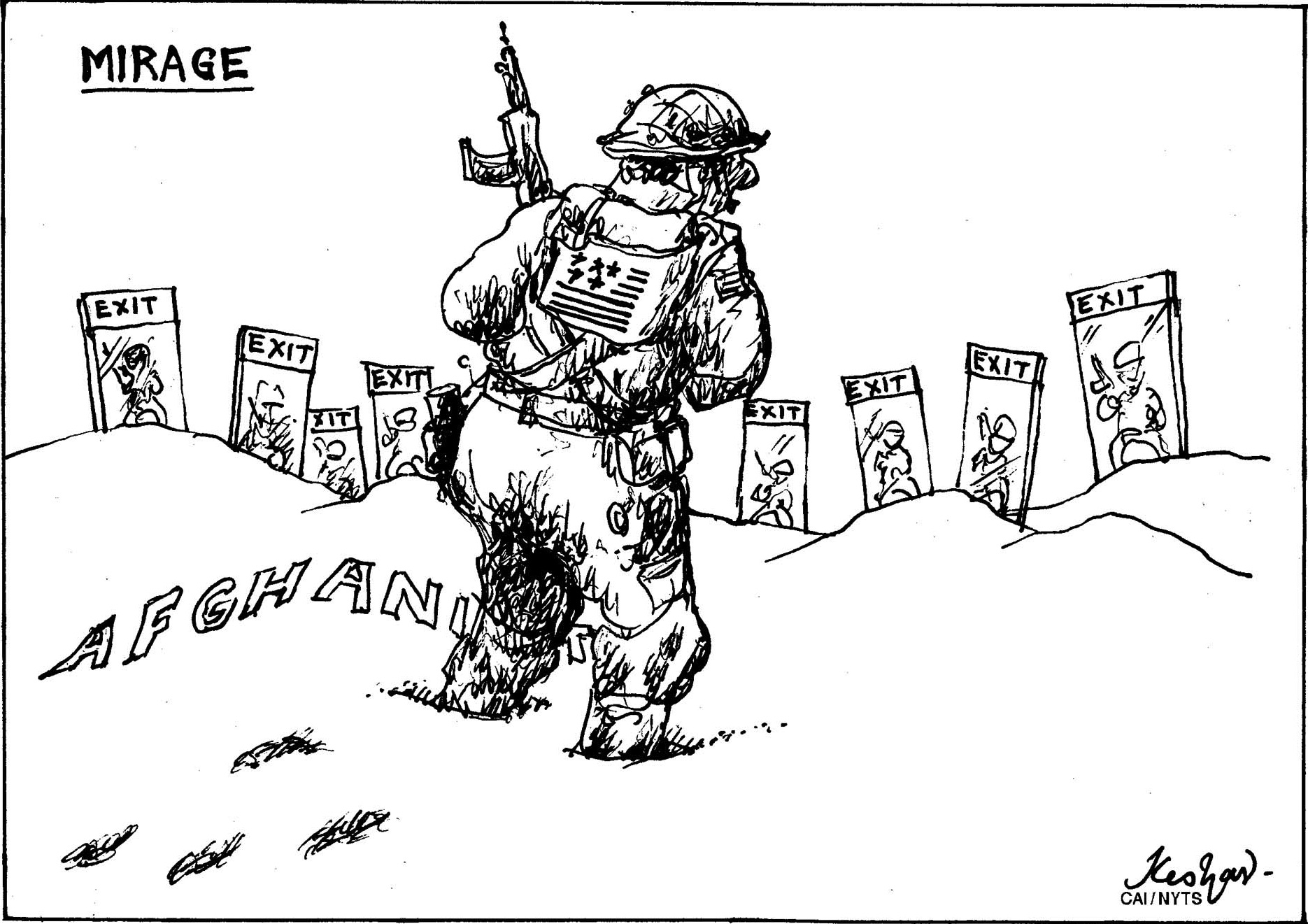This month marks the 15th anniversary of the longest war in American history that continues to rage ferociously in Afghanistan, casting a shadow over that country's future and highlighting the failure of U.S. President Barack Obama's strategy to wind down the conflict. Yet the war attracts little international attention, except when a major militant attack occurs.
The situation in Afghanistan now is worse than at any time since 2001, when the U.S. invasion helped oust the Taliban from power, forcing them to set up their command-and-control structure in neighboring Pakistan, their creator and steadfast sponsor.
Today, the resurgent Taliban hold more Afghan territory than before, the civilian toll is at a record high, and Afghan military casualties are rising to a level that American commanders warn is unsustainable. From sanctuaries in Pakistan and from the Afghan areas they hold, the militants are carrying out increasingly daring attacks, including in the capital Kabul, as illustrated by the recent strike on the American University of Afghanistan, which was set up in 2006 to offer liberal arts courses modeled on the U.S. system.

















With your current subscription plan you can comment on stories. However, before writing your first comment, please create a display name in the Profile section of your subscriber account page.